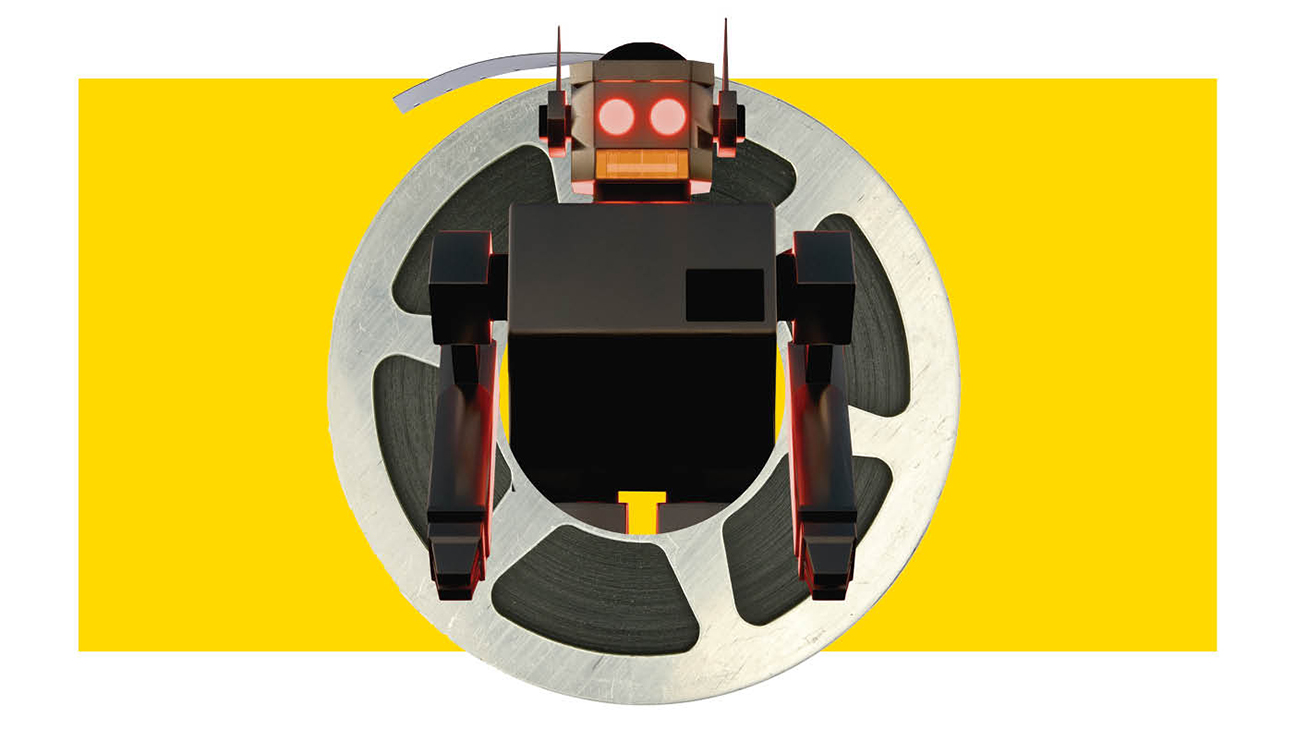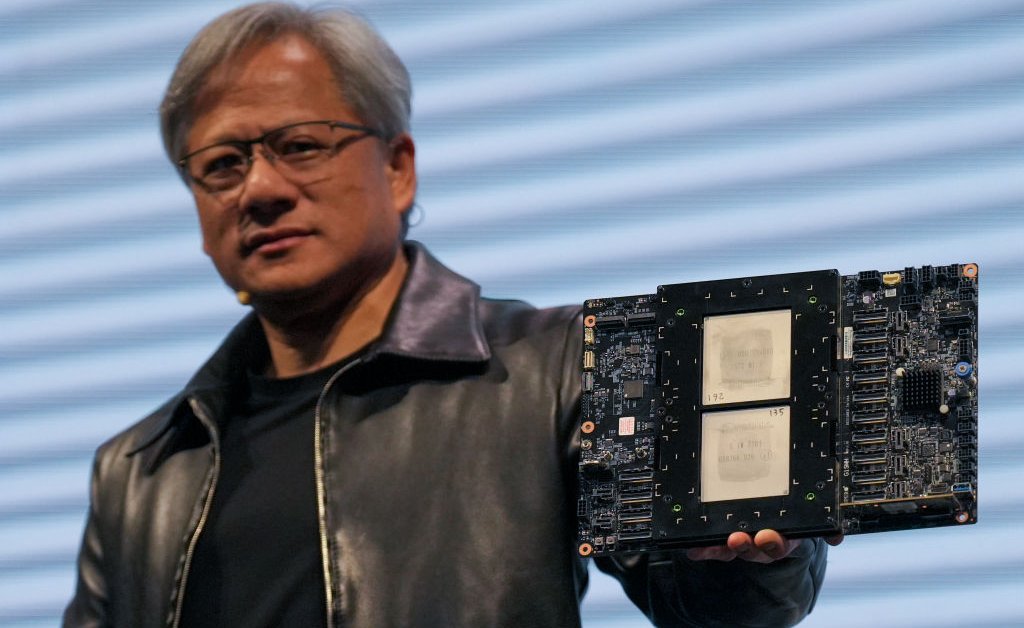Imagine this scenario: In the not-so-distant future, HBO deliberates on whether to approve a new spinoff of the renowned series Game of Thrones. Instead of investing significant resources in producing a pilot that may never see the light of day, the network explores the option of utilizing a generative artificial intelligence system trained on its extensive library of shows to create a preliminary version mimicking the original style. Ultimately, HBO opts not to proceed with the project. This innovative approach, leveraging AI technology, proves to be a cost-effective alternative, saving HBO a substantial amount of money and time compared to the traditional production process.
The intersection of AI and the entertainment industry became a focal point of discussions during the recent strikes by actors and writers. While unions negotiated guidelines to regulate the use of AI, the prospect of technology revolutionizing conventional production methods and potentially displacing skilled workers seemed distant at the time.
However, the emergence of OpenAI’s Sora, unveiled on Feb. 15 under the leadership of Sam Altman, signifies a significant foray into Hollywood for the startup. Sora showcases the capability to generate high-quality videos depicting intricate scenes with multiple characters and diverse shots, capturing details accurately in relation to their surroundings. Despite some imperfections such as objects appearing and disappearing randomly, the system excels in quickly producing prototypes, as noted by AI researcher Gary Marcus.
As the industry contemplates the implications of AI advancements, concerns arise regarding the potential impact on roles such as concept artists and VFX professionals. While some individuals have integrated AI tools into their workflows seamlessly, others express apprehension about job displacement. The utilization of text-to-video systems like Sora raises questions about the future landscape of the entertainment industry and the workforce dynamics.
A recent study revealed that a significant portion of industry leaders foresee AI tools leading to job reductions or restructuring within their organizations. It is projected that over 200,000 positions could be affected in the coming years, particularly in areas such as sound engineering, voice acting, VFX, and postproduction.
The integration of AI extends beyond production processes to art departments, where AI art generators like Midjourney are employed for concept design, potentially altering the nature of creative collaboration and job requirements. Additionally, AI tools offer advantages in shot planning, storyboarding, and visual composition, streamlining the pre-production phase for filmmakers and cinematographers.
While AI presents opportunities for efficiency and innovation in filmmaking, legal considerations and copyright implications remain key factors influencing its widespread adoption. The unresolved issues surrounding the use of copyrighted materials for AI training and the lack of copyright protection for AI-generated works pose challenges to the industry’s embrace of AI technology.
This narrative was featured in the Feb. 21 edition of The Hollywood Reporter magazine. Click here to subscribe.










